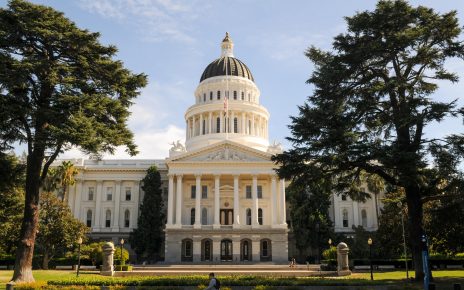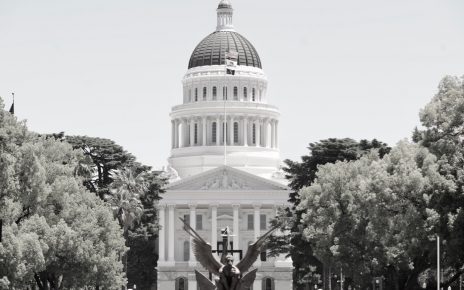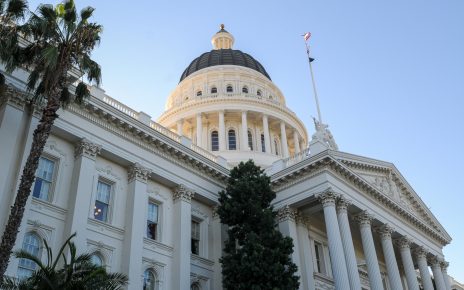Confidential Marriages in California
California’s Family Code, in Division 3, Part 4, Chapter 1 deals with confidential marriages. Chapter 1 contains general provisions. Section 500 provides that, when two unmarried people, not minors, have been living together as spouses, they may be married pursuant...









